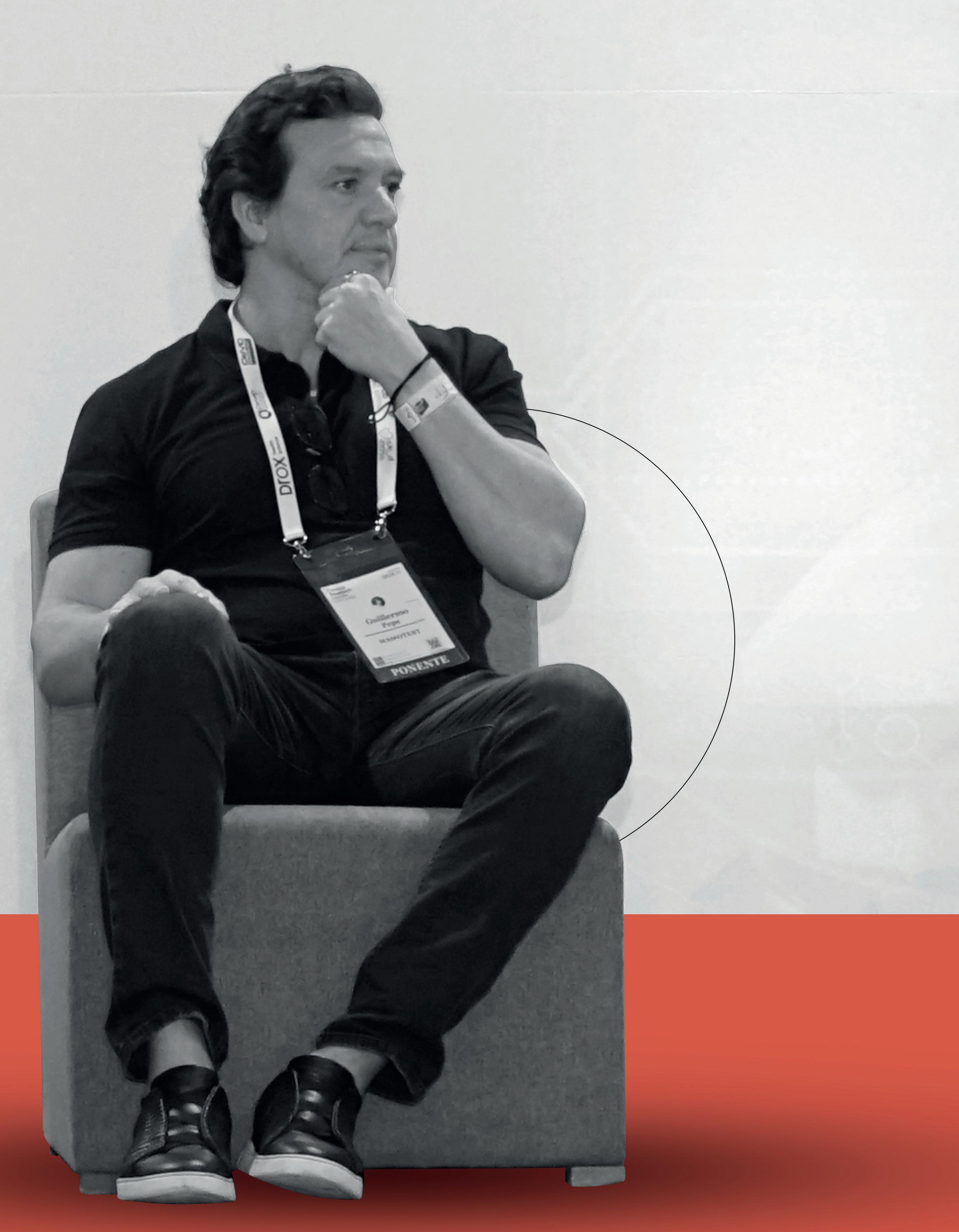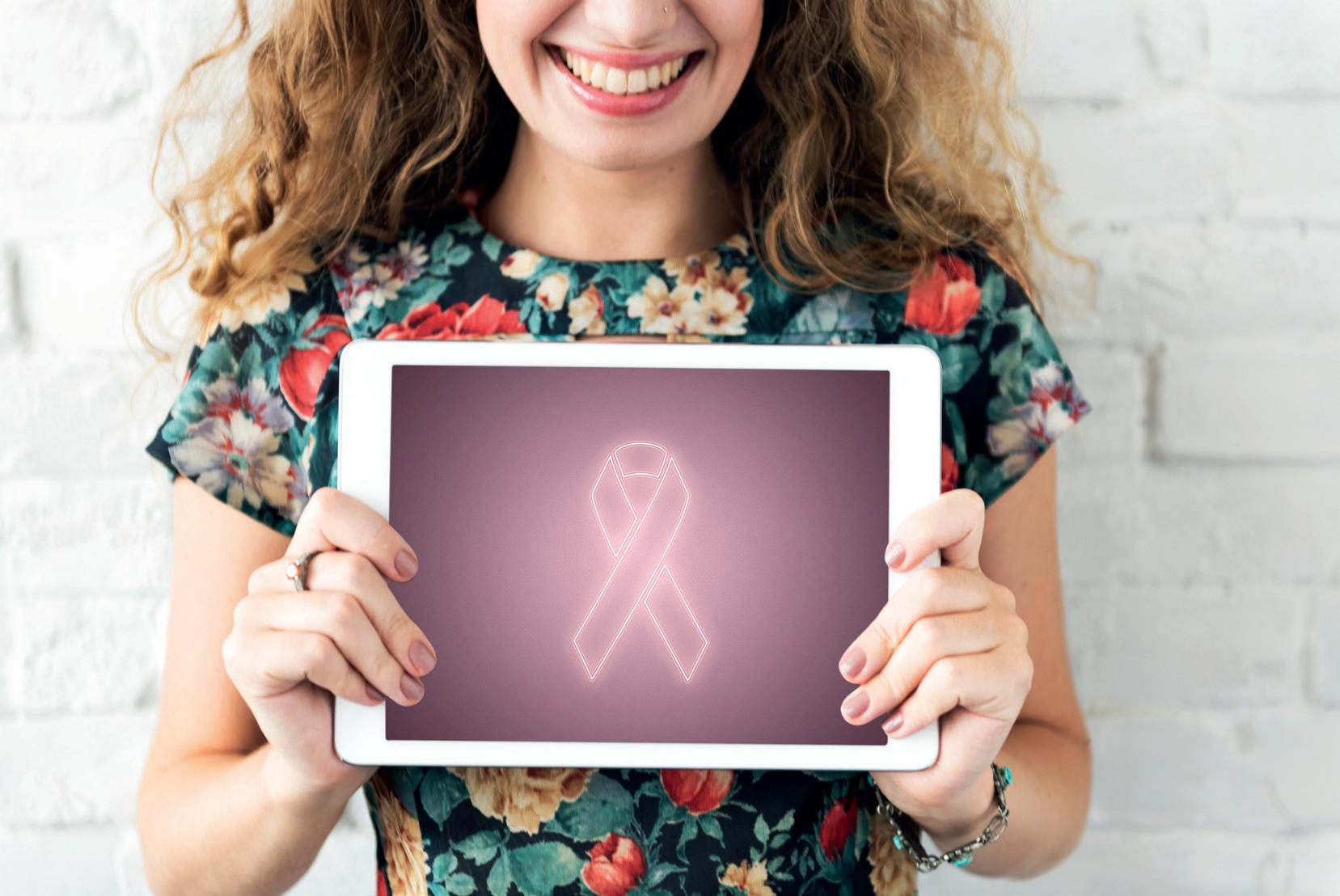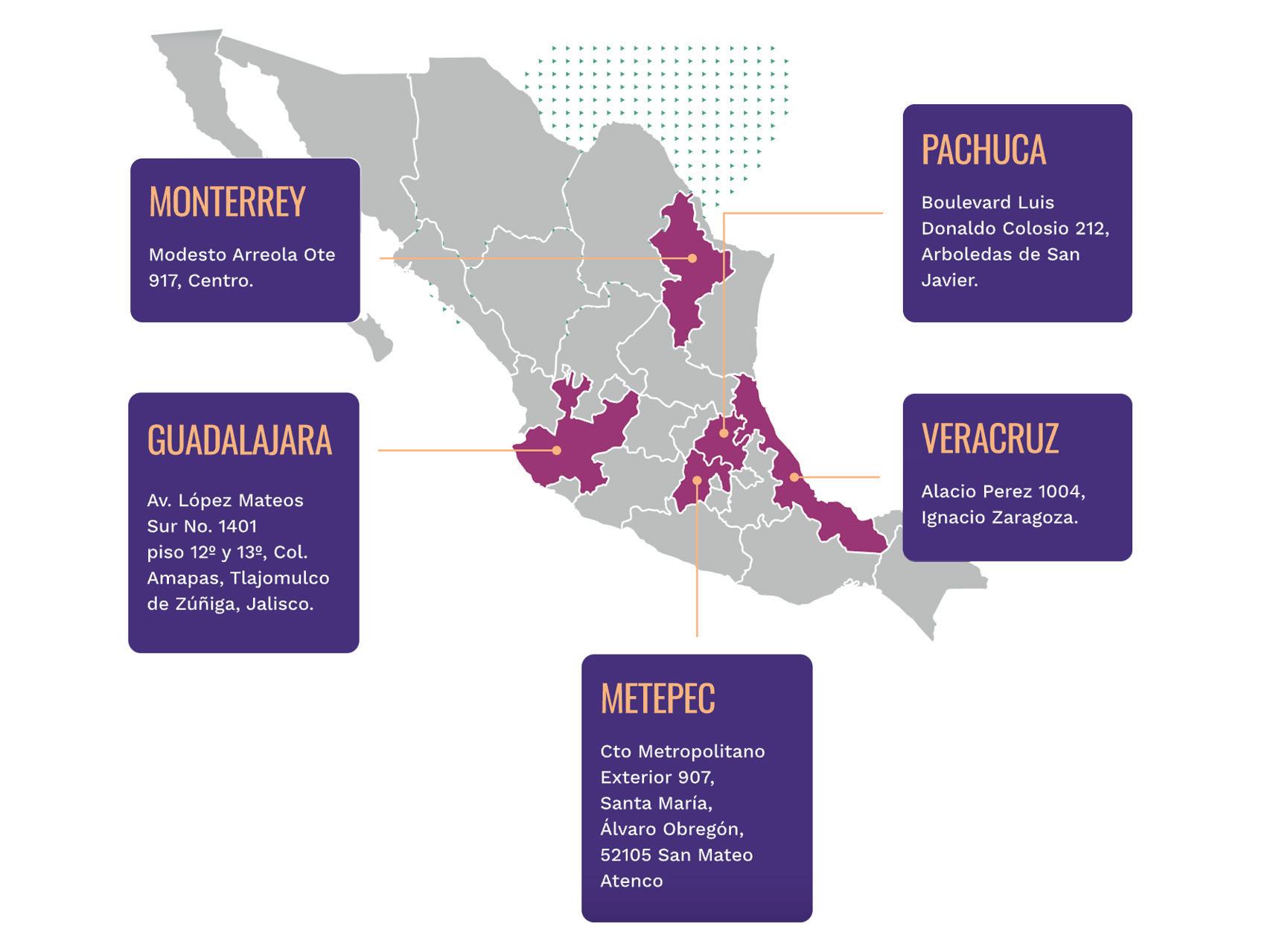
7 minute read
Clinical Research Insider Summit No. 11
Defeating breast cancer with the Power of Data
Breast cancer has the highest incidence in the world, although it is also cancer with the potential to become the least lethal, as it has a 98% sur-vival rate if detected and treated at an early stage. All in all, it is responsible for the death of almost 700,000 women each year and although this disease does not “discriminate” against any woman based on her origin or socioeconomic profile, 70 percent of them live in developing countries. So what is the big difference between a woman who manages to beat breast cancer and one who does not? The answer is directly related to her degree of access to a health system that guarantees her first-rate care and, of course, that all this happens on time.
Advertisement
Unfortunately, it is not only about the (titanic) task of raising awareness and educating women about the vital importance of having their annual mammography. What we have learned at Mamotestafter more than a decade of development, innovation and expansion in Latin America, going deep into the field and accessing real-world data like no other healthcare company, including laboratories - is that we are facing a problem with several causes and also that it is necessary to act on multiple fronts to drastically reduce deaths caused by breast cancer, and that none of this can be achieved without data.
DataForGood: data that saves lives
The history of Mamotest began in 2013, intending to democratize access to health for all women in Latin America. Thus, long before the accelerated and forced explosion of telemedicine due to the Covid-19 pandemic, we had already created a company with a technological footprint and proven social impact, owner of the first remote mastography network in the region and globally recognized by some of the most prestigious organizations in the world such as the United Nations, American College of Radiology, Harvard University, MIT, World Economic Forum, Inter-American Development Bank and Norrsken Foundation, among others.
Along the way, we became aware of the invisible but relentless power of cultural and psychological barriers: fear of pain, shame, or embarrassment as factors that we could not underestimate in understanding why there is still so much work to be done in encouraging women to have an annual check-up.
But we also discovered an insight that is equally overlooked by the actors in the healthcare system, from medical professionals and local hospitals to large international laboratories. The fact is that, from Mexico to Argentina, throughout the region, we find a fragmented healthcare system that is not designed to accompany the patient, so the woman must try to navigate it alone, without information, and without the possibility of making the best decision for her diagnosis.
In other words, defeating breast cancer and providing a quick and accurate diagnosis was just the tip of the iceberg: according to our data, around 30% of patients did not access treatment in time to be cured, as a combination of lack of professional guidance, psychological assistance and emotional support throughout the process led them to give up and drop out.
Through our latest technological development, Bolder, which combines the latest advances in Artificial Intelligence with a 100% human approach, we reach more than half a million women (regardless of their resources) and 3,500 healthcare professionals with 100% traceability, providing and generating data that already saves lives: during 2022, the first year of Bolder’s operation, 87% of our patients diagnosed with breast cancer accessed treatment on time.

Artificial Intelligence, the next frontier
By accompanying them throughout the process from all aspects (medical, psychological, emotional, economic), we are generating new knowledge, based on real world data, which will be available to leaders in different areas (local and national governments, global policymakers, health centers and professionals, the pharmaceutical industry, the scientific community, etc.) to reduce time, costs and effort in breaking down barriers to treatment, developing better drugs, passing laws, influencing public policy and promoting awareness campaigns, among other key courses of action to combat the disease on all fronts.
In the medium/long term, Bolder’s next frontier will have everything to do with using the full potential of Artificial Intelligence, not only for breast cancer diagnosis but also to accompany each patient throughout her treatment. There are certain basic functionalities that we intend to include, such as, for example, that her doctor notifies her through Bolder that she should have a breast ultrasound and then the platform collects and presents to the user the available appointments for such a study in the nearest days, taking into account different health centers near her home, so that she can complete the request “in just one click”.
In a second and more ambitious stage, at Mamotest we are working so that Bolder can become a platform for predicting the outcome of treatments, that is, combining all the information available on each patient (including medical, clinical, psychological, and even socioeconomic conditions) and predicting the ideal treatment for each case. Science fiction? No, only science or, better said, ethical science: what we at Mamotest call “data for good”.
In Search of Exponential Impact
The best technology on the planet can be developed, but it is useless if there is no culture of care and prevention. This is a challenge that society as a whole must take on. Therefore, our mission is to generate a movement of companies, governments and allies who want to be agents of change and contribute to create a health system that keeps us healthy.

Health is and should be a public matter, with policies, rights, and guarantees that reach all people, no matter where they live or their level of resources.
Since our inception, Mamotest has been working with national, provincial, and local governments in search of greater scale and penetration. However, there are countries and regions where the absence of a strong, efficient, and/or committed government often leads us to diversify our strategies.
In recent years, we have developed a new business model that allows us to think of an exponential growth of our impact by empowering us in the corporate environment. This involves generating alliances with private companies that, especially after the Covid-19 pandemic, understand that looking after the health of their employees (especially in terms of prevention) is both a responsibility and an opportunity.
The main differential of our partnership system is that we aim to move from a dynamic of one-shot action (as it would have been in the past, for example, a specific campaign for “Pink October”) to a continuous and long-term collaboration. Under this premise, we invite companies to address the issue of breast cancer with an eye toward the inside of their organization.
In other words, we focus on generating a culture of care among its employees, providing women at risk with all our tools and services so that they can have their annual mammography and, in the event of a positive diagnosis, receive the necessary support from us to get through the treatment process in the best possible way.
The companies that trust Mamotest receive all the guidance, logistics, and infrastructure necessary to implement these alliances, which, on the other hand, have already shown very positive results in terms of the positioning of their employer brand, improving engagement rates, and sense of belonging. This is further proof that, if we manage to create -everyone in his or her role in society- a health system that keeps us healthy, this is what is generated: a virtuous circle with multiple benefits and exponential impact for all parties.

Courtesy: Mamotest
Guillermo Pepe

Business economist from Di Tella University in Buenos Aires. He has been at the helm of Mamotest, the healthtech winner of the Zayed Sustainability Prize (United Arab Emirates, 2022) and the Global Humanitarian Award given by the American College of Radiology (United States, 2019), for more than a decade. In addition, Mamotest is a Tech Partner of the World Economic Forum and has been recognized by the United Nations as one of the five most disruptive global startups in healthcare. The Norrsken Foundation named it one of 100 companies that can save one billion lives.










